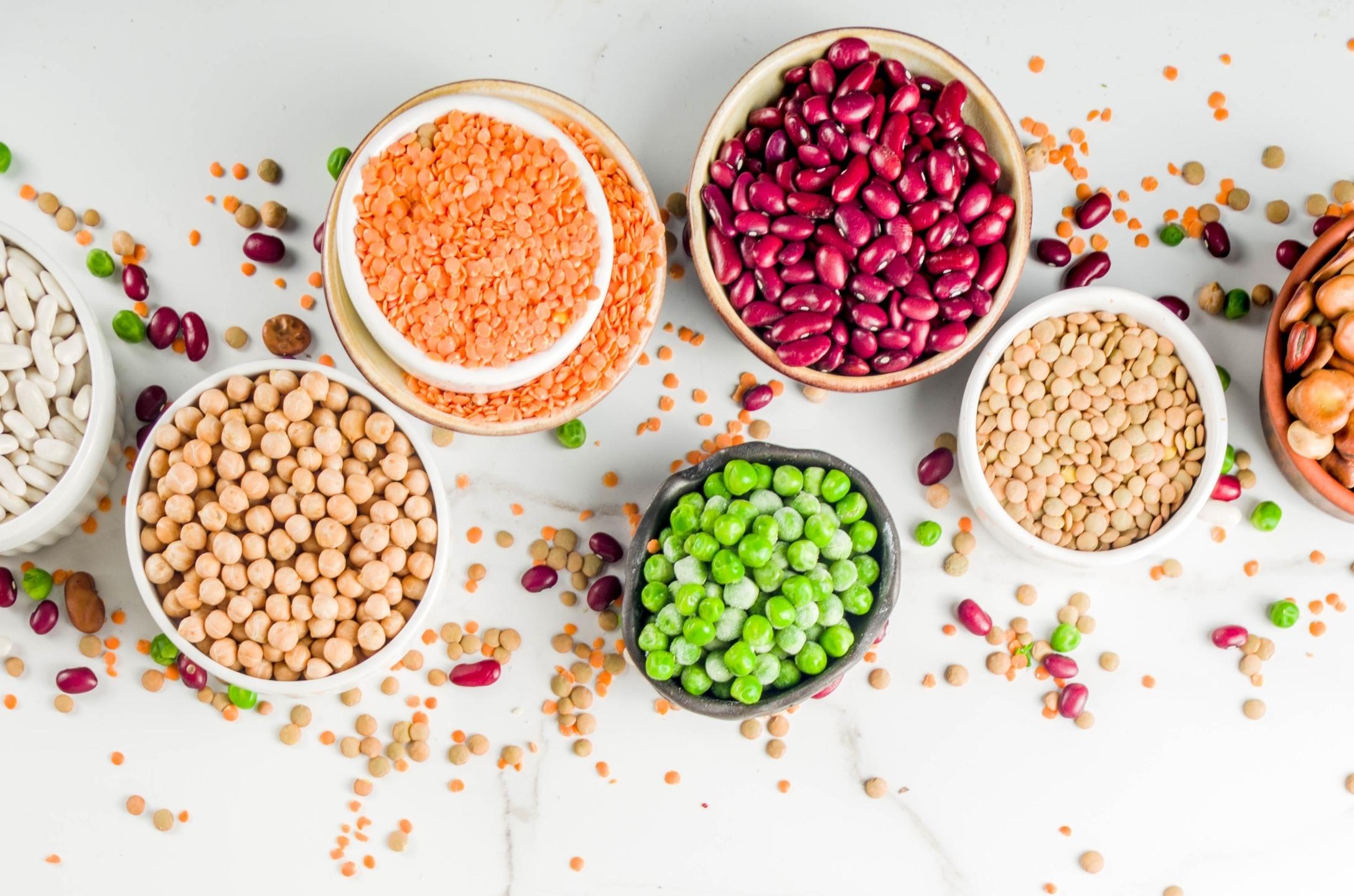WHAT IS CHOLINE?
Choline is a necessary nutrient for normal body function and human health. While the liver can create some, the vast majority must be acquired from the diet. It is an organic, water-soluble substance that is different from vitamins and minerals, yet it is sometimes classified with the vitamin B complex due to its similar activities. Choline affects liver function, supports healthy brain development, facilitates muscle action, contributes to the appropriate functioning of the nervous system, and aids in metabolism. Given its role in many vital physiological functions, enough choline consumption is critical for optimal health.

WHAT ARE THE BENEFITS OF CHOLINE?
Choline is essential throughout adulthood and into old age, but there are certain benefits to ensuring we receive enough in our diets. Here are some of the most important advantages of choline supplementation:
- Regulating homocysteine levels: An essential nutrient, choline helps the body control the levels of homocysteine. An amino acid called homocysteine is created when proteins are digested. Increased risks of chronic diseases, such as heart disease, cognitive decline, and bone fractures, have been linked to elevated homocysteine levels. A important study indicated that a daily high dose of 2.6 grammes of choline had the potential to aid in the prevention of heart disease. The study was published in the American Journal of Clinical Nutrition in 2005. This emphasises how crucial choline is for preserving cardiovascular health and lowering the risk of cardiovascular problems.
- Supporting Breastfeeding and Post-Pregnancy: For women, choline is especially important after giving birth and while they are breastfeeding. Women who breastfeed often see a large decrease of choline in their breast milk. They must therefore boost their choline intake in order to protect their own health as well as the health of their newborns. A newborn’s health and development are supported by adequate choline levels, highlighting its importance throughout the postpartum period.
- Liver Health: Choline is not only produced by our livers but is also essential for their proper operation. Research from 2012 that was published in Current Opinion in Gastroenterology has shown that those who consume insufficient amounts of choline are more likely to develop fatty liver disease and other liver-related issues. In addition to supporting liver function and preventing liver disorders, choline also serves as a protective component. Choline must be consumed in sufficient amounts to keep this important organ operating properly.

Despite all these benefits, it’s crucial to understand that everyone’s needs for choline may be different. Because of this, it is suggested to speak with a healthcare provider to ascertain your unique choline requirements and make sure you are getting enough of this crucial vitamin for your general health and wellbeing.
HOW DOES CHOLINE WORK IN HUMAN BODY?
When choline is consumed, it goes through multiple processes within the body to support various vital functions. It is first absorbed in the small intestine before being passed on to the liver. Choline is essential for lipid metabolism in the liver. It aids in the creation of phospholipids, which are essential components of cell membranes, and so aids in the maintenance of structural integrity and fluidity of cell membranes throughout the body. Furthermore, choline participates in the movement of dietary lipids and cholesterol from the liver to other regions of the body, limiting fat accumulation in the liver and maintaining overall liver function.
Furthermore, choline is a precursor of acetylcholine, a neurotransmitter required for nerve signal transmission. This neurotransmitter plays a role in a number of brain processes, including muscular control and memory formation. Choline also aids in the creation of betaine, which is required for the metabolism of homocysteine, an amino acid linked to cardiovascular disease. Choline’s responsibilities in cellular structure, neurotransmitter production, and lipid metabolism make it an important nutrient for overall health and well-being, with implications for brain function, liver health, and cardiovascular wellbeing, among other bodily functions.
HOW MUCH CHOLINE CAN A PERSON TAKE?
Choline intake recommendations vary by age group and life stage, and there is no particular Reference Daily Intake (RDI) due to a lack of data. Instead, the Institute of Medicine has developed Adequate Intake (AI) recommendations to ensure that most healthy people get enough choline, preventing deficiency-related concerns such liver damage.
Choline needs, however, can vary depending on hereditary variables and gender. The recommended daily intakes for choline are as follows: 125 mg for infants 0–6 months, 150 mg for those 7–12 months, 200 mg for children 1-3 years, 250 mg for children 4–8 years, 375 mg for children 9–13 years, 400 mg for girls 14–19 and 550 mg for boys in the same age group, 425 mg for adult women, 550 mg for adult men, 550 mg for breastfeeding women, and 930 mg for pregnant women.
Individual choline demands can differ, with some people needing more or less than these suggested quantities, as shown by a research where some males experienced symptoms of choline shortage even after ingesting AI.
WHAT ARE THE VARIATIONS OF CHOLINE?
Choline is also available as:
- Choline 25% Food State On Yeast
- Choline Chloride
Choline is commonly available in:
- Choline tablets
- Choline capsules
- Choline powder
Glentworth Formulations is here to suit your every need. Everything from Tablets, Capsules and Powder blends.
If you are wanting to know more information, please get in contact with us. Either using the contact form or contacting us directly on: [email protected].


